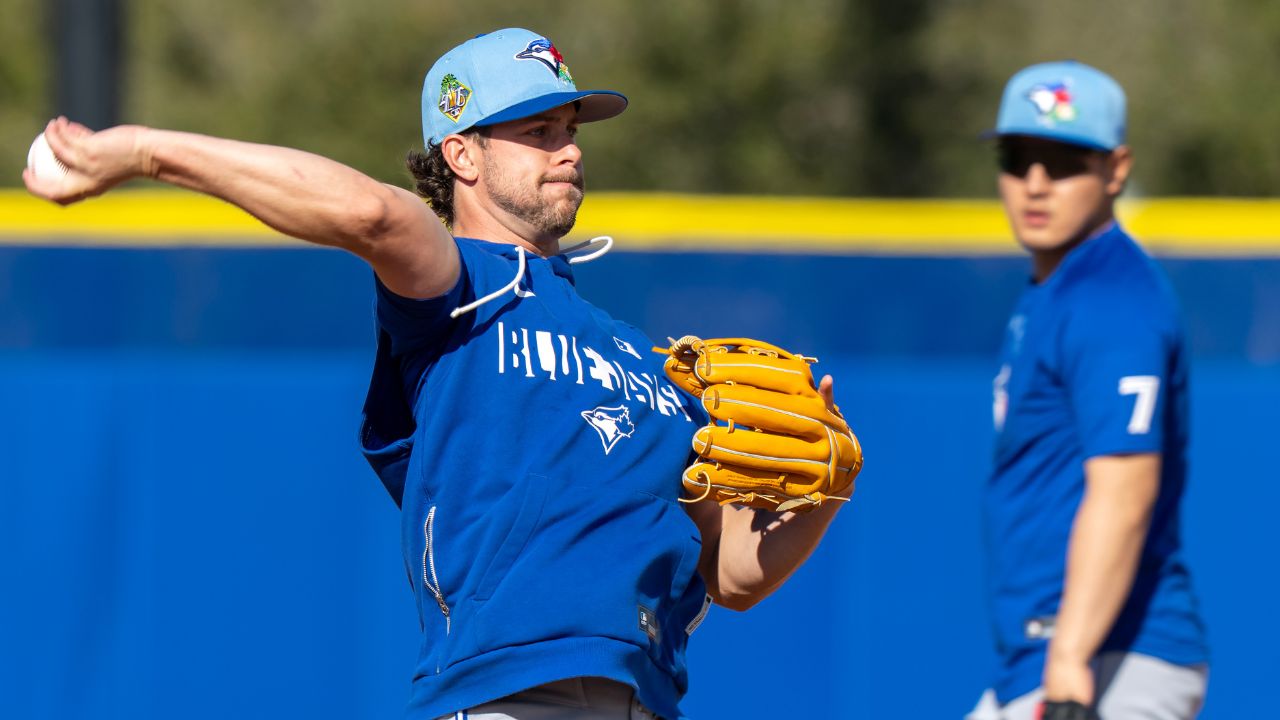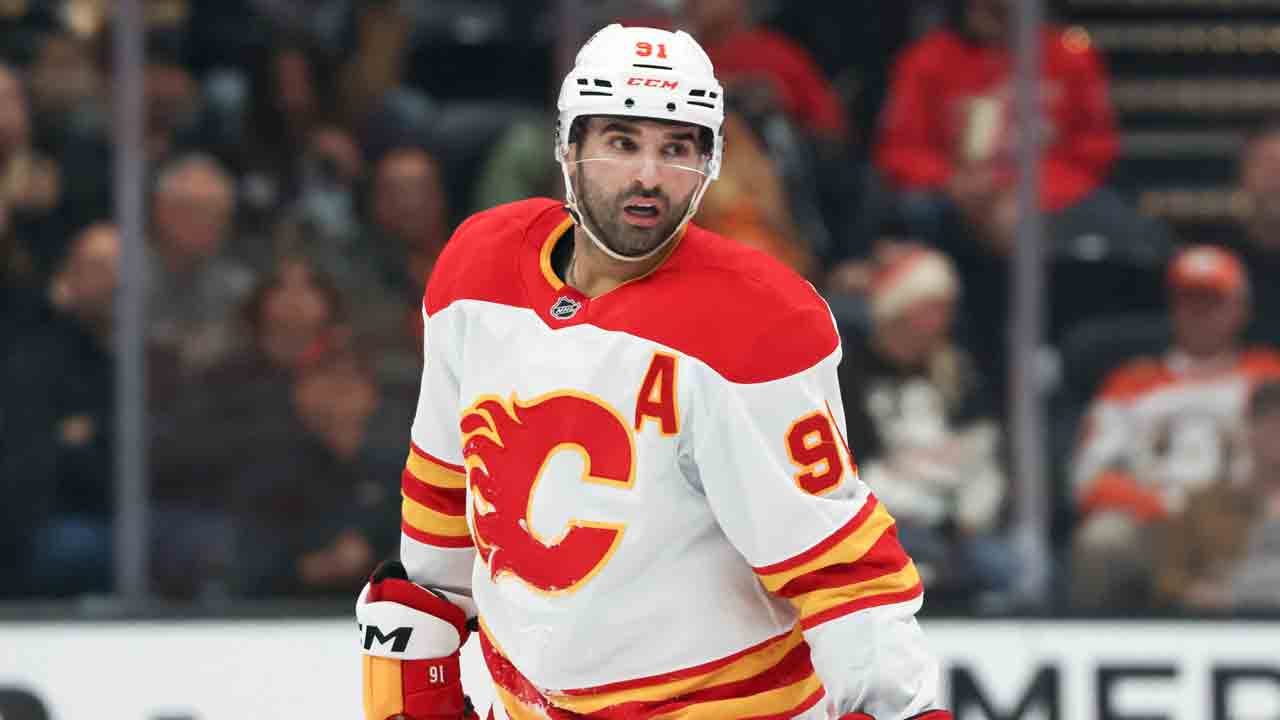
Many have distilled the activism in the NBA after it’s restart to simply being about the Black Lives Matter movement. But when you analyze the work done closely, much of it was leading to Nov. 3, 2020, election day in the United States.
NBA activism has attempted to get people to consider voting not just in the Presidential election but in every election, calling on people to do so well in advance to ensure their vote is actually counted. A sentiment that’s linked to, but not solely about, the fact Black lives should matter.
After a generation of Black people fought and died for the right to vote, some of the wealthiest Black athletes in the world, NBA players, are fighting to make sure that sacrifice wasn’t in vain.
Just look at the last words said by the Milwaukee Bucks when they announced to the world they were abstaining from playing their post-season game against the Orlando Magic on Aug. 26. George Hill looked up from a prepared statement and calmly said to the cameras assembled, “We encourage all citizens to educate themselves and remember to vote on Nov. 3.”
Thus far, it has appeared to have worked: Nearly 100 million Americans voted before election day.
And even before Milwaukee staged their historic strike, NBA players already led on this issue. In June, LeBron James announced he was starting More Than A Vote, an initiative to fight voter suppression with the help of other entertainers and athletes like Patrick Mahomes, Draymond Green, Brittney Griner and Renee Montgomery.
But players advocating on their own wasn’t enough. One of the reasons why last season was resumed and finished despite the jeopardy it was in is the tangible action of the NBA and NBPA working together to make voting accessible to as many people as possible, with 21 NBA owners agreeing to work with election officials to convert their arenas and practice facilities into polling stations providing voting access.
Additionally, during games there was signage encouraging people to go out and vote, telecasts ran public service announcements and players wore warm-up shirts with “Vote” in big bold letters.
Even players outside the bubble were using their stardom to give credence to the political process as Golden State Warriors all-star Stephen Curry and his wife Ayesha were part of the virtual Democratic convention.
NBA teams also used their social media accounts to raise awareness about voting opportunities in their local area, something the only franchise outside of America, the Toronto Raptors, was already doing for their American fans.
The Raptors ran a campaign to drive awareness on the ease and importance of out-of-country voting for Americans in Canada and abroad. Raptors head coach Nick Nurse, one of the voices of the campaign, was a major proponent of this initiative, spending much of his time in press conferences reminding people to sign up at FVAP.gov to register to vote.
It’s not just the appointed leaders in the organization who are leading on this issue. Malcolm Miller has been a voice in the Raptors locker room, explaining how voting can help make change on the local and state level. He’s using his public platform on social media to demonstrate that he voted, hoping to normalize the political process.
I voted
— Malcolm Miller (@MalcMili13) October 28, 2020
Sportsnet recently caught up with Miller to discuss why he feels so strongly about this part of democracy and how it can equal equality.
Editors’ Note: This interview has been edited for clarity and brevity.
Sportsnet: Why was it was it important for you to want to vote and share that you voted publicly?
Malcolm Miller: I have a lot of opinions on these matters and things going on in our world today. It’s important to voice that opinion or have an actionable outcome in that, and I think voting is a very a relatively simple and straightforward way to do it. A lot of people have died so that you could have the right to vote. A lot of sacrifices were made for you to have the right to vote. So I think it’s a necessary step for you to take so a lot of those sacrifices aren’t in vain.
And then, for someone in my position, it’s important for that to be shown publicly to set the standard and normalize voting. It’s important to realize that your vote counts and you do have power.
SN: Have you voted before?
MM: Yes, I voted in the last election, the election before that, every election since turning 18.
SN: That’s not the case for every player in the league. That’s not the case for every Black man. The voting registration numbers in both the populations you are a part of has been low of late. Why do you think at times our community feels a little bit apathetic with the political process?
MM: I can understand hesitation in participating in the political process because there have been many systemic means and flat-out just voter suppression in ways to inhibit the Black community.
I can understand how people can feel like voting might not make things better, but a lot of those people I know, a lot of people only think about voting for the President without realizing that there’s a primary election and the general elections and that there’s many other ways to get people as far as the school board and people like that to be in power.
And there’s ways that we can go outside of voting to put those people in power, promote those individuals and really give them the best chance to win so that their interests and your interests are heard best.
There’s a lot of reasons to not do it. A lot of them don’t really solve many of the problems that we have. But voting is, I think, the easy way, a simple way to at least voice your opinion that you really care, and you can put action behind it.
SN: So what can people do to stay engaged so that you have that accountability in between elections?
MM: Well, the primary election. Voting during the primaries and understanding which people are going to be in the general election and doing your homework and really understanding which candidates represent your values before they even get to the general election.
If someone that you find particularly appealing, providing campaign funding and financing or even literally just sitting down and talking to them, I feel like as NBA players, we have a louder voice for a lot of people that don’t have a voice. So, we might be able to actually sit in these meetings that other people aren’t able to sit in and we should use those opportunities to amplify everybody’s voice.
SN: How much were the conversations going on among your teammates in the locker room before the pause that we saw in the restart? And then, how much have they continued to happen?
MM: Without a doubt it’s increased. Particularly after the pause, realizing how many players weren’t registered to vote.
Showing that we all can vote allows us to walk the walk a little more. Like, “Yes, we care. We’re in the streets, we’re in the streets protesting but we’re also doing our legislative duties as citizens to really promote that change and actually vote for that change.” Like, let our voices be heard on paper as well.
I feel like in the past, politics and being political was really kind of a personal thing and a personal choice but I think more and more people are realizing how much everything is political and if you want to make change or if you have problems with the current process of how things are going then you need to have education in an actionable set of ideas and goals in order to change.
SN: How have you led the conversation within the organization?
MM: That’s something I’m comfortable doing. I’ve kind of learned more to have a personal approach in talking to individuals and teammates individually just to try to see where their minds are at. We’re on top of that as far as making sure guys are signed up and aware.
SN: How much was voting part of your conversations growing up?
MM: Growing up, it was always important. Like it was expected in my family that when you’re 18, you’re going to vote and that’s an important part of becoming an adult. Now your voice can be heard in terms of a ballot. So as far as with my family, it was a must.
It was a given because they educated us on the sacrifice that went into it. I have family members that lived through the voter suppression and the things that were done to try to silence their voices. So far as my family goes, it was like I said: expected, mandatory almost.
And then among my friends, we like to talk about our community and figure out ways to make things better. So among my friends it was also something important. We tried to be the leaders that check with our other friends to make sure we’re voting and we’re making sure that they’re voting and just making sure that there’s cohesion in education between everybody.
SN: Was there a story or anecdote from family members about voter suppression that really stuck with you?
MM: Just learning about the literacy side. Literacy tests that had to be taken in order to vote and just the different tactics that were used to suppress the vote, intimidation and things like that. And if we’re in a place of understanding of systemic racism and understanding that, if voting wasn’t something important then people wouldn’t go to such lengths to try to suppress someone else’s vote.
SN: We’re still talking about voter suppression. There’s still some fear as to what the country might look like whenever there’s a ruling. Do you feel disappointed that some of the same types of stories your family members talked to you about are things that are still topics of discussion now?
MM: Oh, for sure. I mean, it’s definitely disappointing. It’s definitely discouraging, and you think about why hasn’t it changed?
It’s annoying because it’s like I thought we went through this. We’re seeing slight incremental changes but, overall, the general picture is the same. So, I think now everybody’s more in a space of trying to figure out what’s the next thing to do to get rid of this forever.
And I mean, of course, it’s hard we’re trying to erase over 400 years of racism, slavery and oppression and things like that. It’s discouraging, but it’s also encouraging that we can still fight against it and we will fight again against voter suppression and different tactics like that.
SN: What’s it like for you to be part of an organization that was using its platform to talk about these issues before the players forced some of the American franchises to advocate around them?
MM: I think it’s important. I’m very proud of it. You’re able to say I am a Raptor and that you’re part of this organization with pride because they do care about the things that affect your life and they’re more than willing to just support you. They’re willing to put their name and their face behind it and also create actionable goals and incentives to try to better it by putting together more committees, putting together changes in the infrastructure of the organization and stuff to try to combat any biases that they have had earlier.
So, it’s way more than just wearing the shirts and stuff, which I feel like, is good because it gets the message out. But it’s really walking the walk and really embracing the role of anti-racism and really promoting voter awareness and education.
It’s definitely a hallmark and they kind of set the bar really high for other organizations as well. I’m proud to be a part of that and I’m happy that, this organization is taking this seriously.





